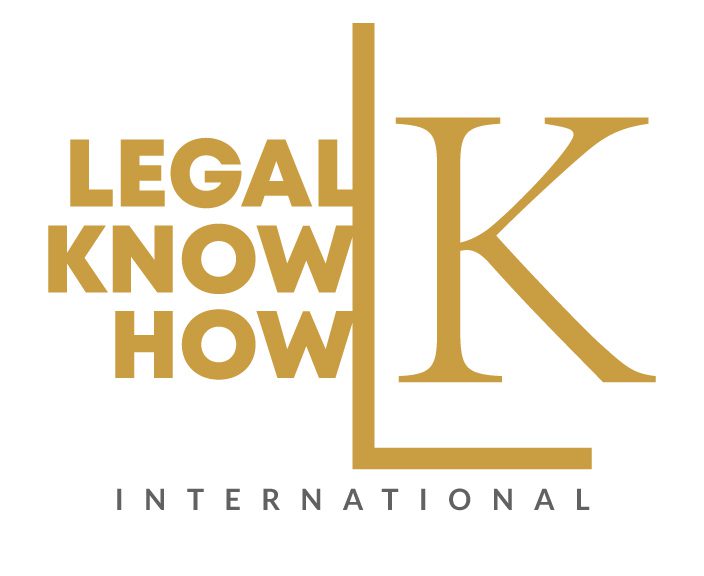
Thailand’s land ownership laws contain strict provisions designed to prevent foreign nationals from circumventing legal restrictions through Thai corporate structures. Recent regulatory developments have significantly strengthened enforcement mechanisms and introduced comprehensive monitoring systems to ensure compliance with the Land Code’s foreign ownership restrictions.
This article examines the current legal framework governing land ownership by Thai companies with foreign shareholders, recent enforcement measures implemented by the Department of Lands, and the compliance requirements that affect both existing and prospective property owners.
Legal Framework and Core Restrictions
Under Thai law, foreign ownership of land is severely restricted. The Land Code permits only Thai nationals and qualifying Thai juristic persons to own land. A Thai company becomes classified as an “alien juristic person” under Sections 97 and 98 of the Land Code when:
- Foreign shareholders hold more than 49% of the registered capital, or
- More than half of the total shareholders are foreign nationals
When a Thai company that owns land undergoes changes in its shareholding structure that result in foreign control exceeding these thresholds, it loses its legal right to hold land and faces mandatory divestiture requirements.
Recent Regulatory Developments and Enforcement Measures
Strengthened Supervision (2022-2023)
The Department of Lands has issued a series of urgent directives to provincial governors, demonstrating the government’s commitment to strict enforcement:
August 2022: Initial directive requiring strict implementation of anti-circumvention measures, with disciplinary action threatened for negligent officials and criminal prosecution for corruption cases.
December 2022: Multiple urgent letters reinforcing supervision requirements and introducing additional investigative procedures, including mandatory shareholder testimony and systematic surveys of suspect entities.
January 2023: Coordination established with anti-money laundering and narcotics control agencies to investigate potential illegal funding sources for land acquisitions.
April 2023: Implementation of comprehensive monitoring systems requiring regular reporting and fact-finding committees for suspected violations.
Enhanced Investigation Procedures
The new enforcement framework requires land officers to:
- Conduct Additional Testimony: Shareholders and company representatives must provide sworn statements acknowledging that future changes in foreign shareholding that create alien juristic person status will result in mandatory land divestiture and criminal penalties.
- Regular Shareholding Verification: Officers must examine shareholders’ registers, compare them with shareholding accounts, and maintain copies for record-keeping purposes.
- Coordination with Business Development Department: Monthly reporting systems track changes in corporate shareholding structures to identify potential violations.
- Income and Source of Funds Investigation: Thorough examination of Thai shareholders’ financial capacity and the origin of funds used for share purchases.
Compliance Requirements and Monitoring
Annual Reporting Obligations
Thai companies owning land must comply with enhanced reporting requirements:
- Submit shareholders’ register copies to the registrar by June of each year
- Maintain current and accurate shareholding records
- Report any changes in foreign shareholding immediately
Investigation Triggers
The Department of Lands conducts investigations when:
- Changes in shareholding patterns suggest foreign control
- Suspicious transactions indicate nominee arrangements
- Regular monitoring reveals potential Land Code violations
- Third-party reports suggest circumvention activities
Consequences of Non-Compliance
Mandatory Land Divestiture
When a Thai company becomes an alien juristic person, it must:
- Sell all land holdings within the timeframe specified by the Director-General of the Land Department
- Complete the divestiture process under official supervision
- Accept that failure to comply will result in government-ordered sale of the property
Criminal Penalties
Violations carry significant legal consequences:
Under Section 267 of the Criminal Code: Providing false information to officials results in imprisonment up to three years, fines up to 6,000 Baht, or both.
Under Section 111 of the Land Code: Foreign nationals illegally acquiring land face fines up to 20,000 Baht, imprisonment up to two years, or both.
Under Section 113 of the Land Code: Legal entities acting as nominees face identical penalties to those imposed on foreign nationals.
Investigation Methodology
Financial Scrutiny
Authorities examine:
- Thai shareholders’ occupations and monthly income
- Supporting evidence of financial capacity
- Sources of funds used for share purchases
- Documentation including bank accounts, sales contracts, inheritance records, or loan agreements
Corporate Structure Analysis
Investigations focus on:
- Shareholding patterns and changes over time
- Relationship between Thai and foreign shareholders
- Decision-making authority within the company
- Actual control versus nominal ownership
Implications for Property Owners and Investors
For Existing Landowners
Thai companies currently owning land should:
- Conduct immediate compliance audits of shareholding structures
- Ensure all reporting requirements are current
- Prepare documentation demonstrating legitimate Thai ownership and control
- Consider restructuring if foreign shareholding approaches legal limits
for Prospective Investors
Those considering land acquisition through Thai corporate structures must:
- Understand that future changes in foreign shareholding may trigger divestiture requirements
- Ensure sustainable Thai majority ownership and control
- Prepare comprehensive documentation of funding sources
- Accept legal obligations through formal testimony requirements
Conclusion
Thailand’s recent strengthening of land ownership enforcement represents a significant shift toward stricter compliance monitoring and enhanced penalties for violations. The coordination between multiple government agencies, introduction of mandatory reporting systems, and threat of criminal prosecution demonstrate the authorities’ commitment to preventing foreign circumvention of land ownership restrictions.
Property owners and investors must recognize that these regulations are actively enforced, with sophisticated monitoring systems in place to detect violations. Compliance requires not only adherence to shareholding thresholds but also transparency regarding funding sources, decision-making authority, and the genuine nature of Thai ownership and control.
The legal landscape clearly favors proactive compliance and transparent business structures over complex arrangements that might be perceived as circumventing Thailand’s fundamental policy of restricting foreign land ownership.
Quick Reference Summary Table
| Aspect | Key Requirements | Consequences of Violation |
| Foreign Shareholding Limits | • Maximum 49% foreign capital• Less than 50% foreign shareholders | • Mandatory land sale• Criminal penalties |
| Annual Reporting | • Submit shareholders’ register by June• Report shareholding changes immediately | • Investigation triggers• Compliance scrutiny |
| Land Officer Verification | • Additional shareholder testimony required• Regular shareholding verification• Income source investigation | • Registration delays• Enhanced scrutiny |
| Criminal Penalties | • Section 267: False information to officials• Section 111: Illegal alien land acquisition• Section 113: Nominee arrangements | • Up to 2 years imprisonment• Fines up to 20,000 Baht• Both penalties may apply |
| Enforcement Timeline | • Monthly reporting to Department of Lands• Immediate investigation of suspect cases• Coordination with anti-money laundering agencies | • Asset seizure orders• Criminal investigation• Mandatory divestiture |
| Documentation Requirements | • Proof of Thai shareholders’ income• Evidence of funding sources• Bank records and contracts• Sworn testimony statements | • Registration rejection• Investigation initiation• Compliance verification |
